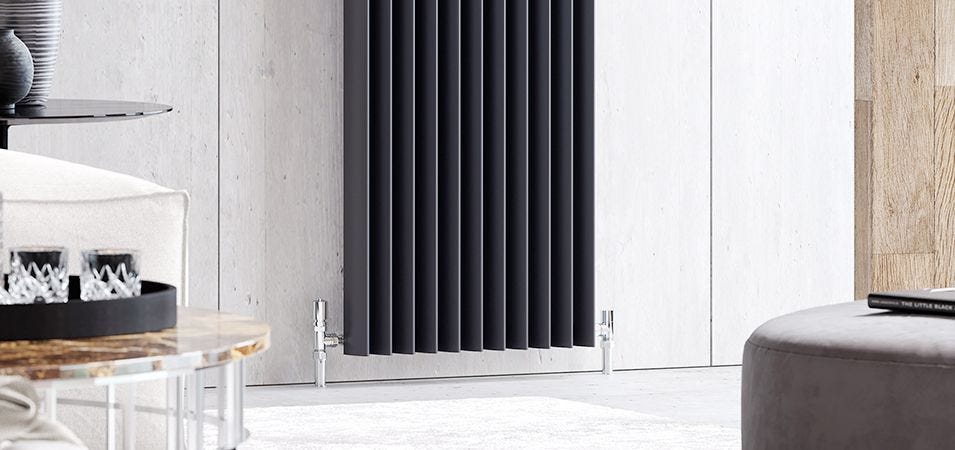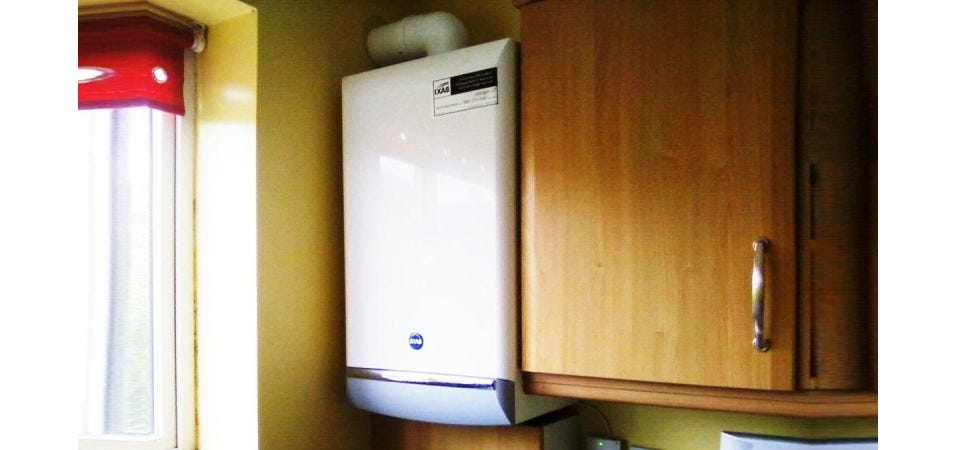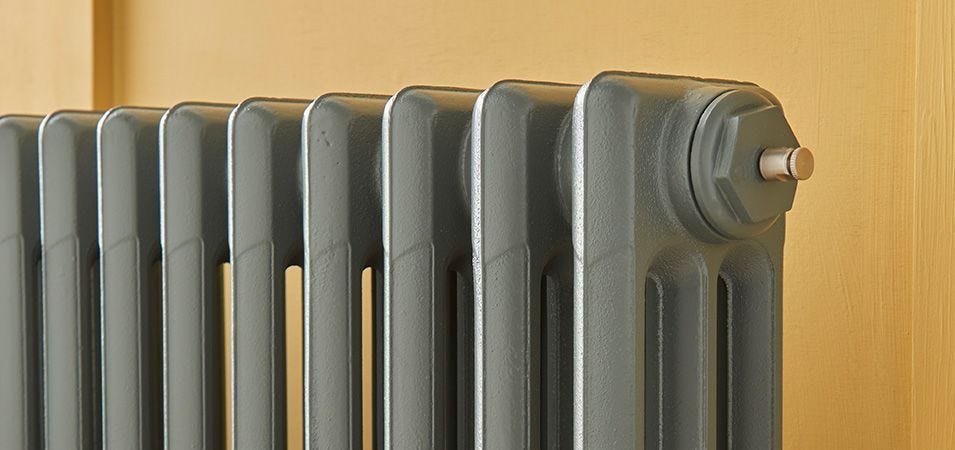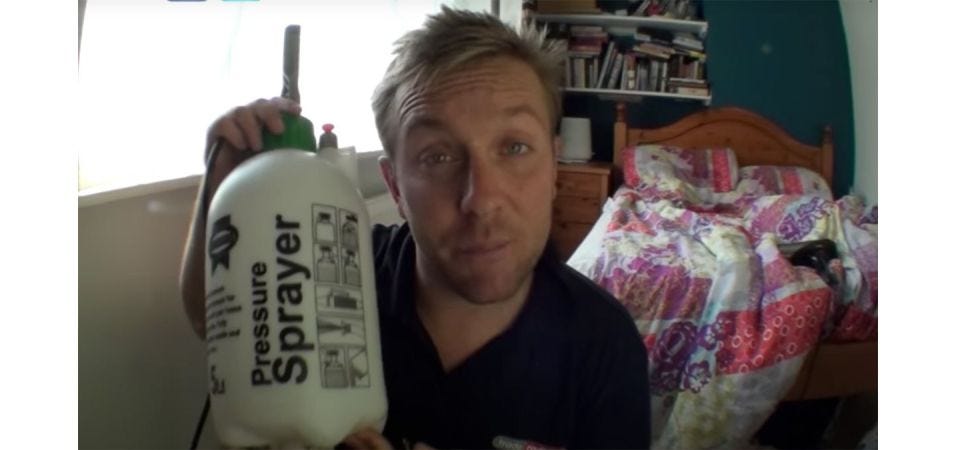Why installing a filter will help keep your heating system clean
Whether you are working on a standard sized domestic heating system or a larger domestic one, it is important to take teps to address the issue of dirt and minimise the damage it can cause. In this article, we take a look at the issues associated with dirt and how installers can protect heating systems in larger properties.
During the lifetime of a heating system, the condition of the water circulating within it will deteriorate causing the system to work less efficiently. If left untreated, dirt in a system will lead to breakdowns and heavy wear and tear of system components, especially modern pumps, the efficiency of which can be more susceptible to dirt.
The dirt that accumulates consists of corrosion particles, which are present in most systems throughout the UK. These are drawn to the magnetic fields around pumps ad valves, plus limescale is also a problem in certain areas. Other dirt particles are pumped around the system and eventually gather in critical components; not good news for a heating system, or the person paying he energy bill and service costs.
Complying with regulation
To comply with Part L of the Buiding Regulations, it is compulsory to clean and flush the system when fitting a new boiler and to add a suitable chemical inhibitor during the final fill. It is not, however, compulsory to check the quality of the system water, something a number of boiler manufacturers are now starting to ask for before they will issue the warranty.
Flushing the system will go some way to removing existing dirt, hoever it is impossible to remove all the dirt in this way, no matter how well the powerflush has been carried out. Dirt removal and the prevention of future build up is especially important when new boilers are installed on old systems, or when new energy pumps are installed as a replacement for a broken one, as any dirt left can cause damage and an early breakdown.
Most effective solution
In your typical domestic property, it is best practice to install a filter, with the most effective solution being a magnetic dirt separator. However, for larger systems the solutions for dirt removal have to date been limited, with heating professionals facing two main options.
The first is to install two, three or more 28mm domestic dirt separators in parallel, with all the necessary, time consuming and labour-intensive pipework alterations. The second option would be the installation of a full commercial unit, which can often cost in excess of £1000. Neither of which provide installers or end-users with an attractive option until now.
Recognising this as an issue for installers that often work on heating systems in more sizeable residential properties with five or six-bedrooms or light commercial applications, including small office and retail units, manufacturers have set about devising a more cost effective and less time intensive solution.
This has become even more critical with the current common practice of replacing old large cast iron boilers with modular cascade systems, which would be much more susceptible to the impact of dirt within the system.
Energy-efficient radiators at Trade Radiators
Purchasing high-quality radiators that are energy efficient has never been easier than it is with Trade Radiators. We are proud to offer one of the best selections of radiators that are energy efficient in the UK.
The range of energy-efficient radiators here at Trade Radiators offers homes practical and cost-effective heating. Regardless of what you’re seeking, we have the right radiator for you at a great price and with exceptional services at Trade Radiators.




